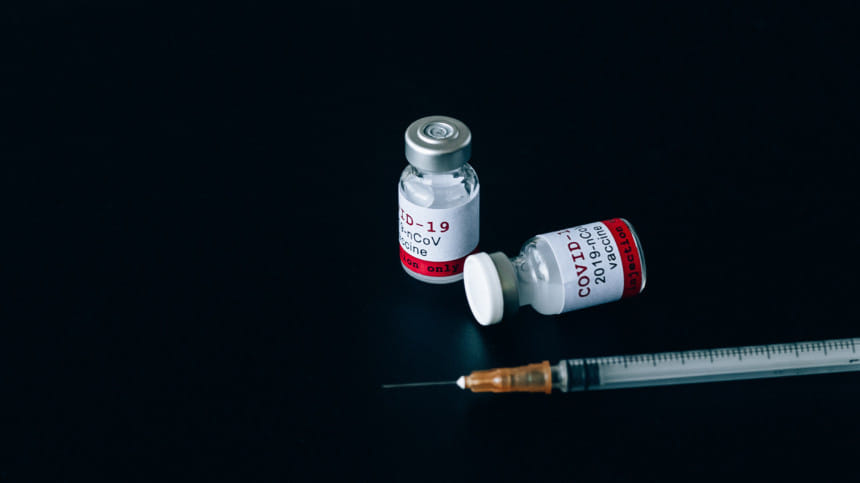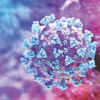Essential questions on COVID-19 vaccination in Ramadan

During Ramadan, adult Muslims are obligated to abstain from eating and drinking from dawn to sunset, up to 19 hours each day, depending on location. However, there are exemptions for travellers, menstruating women, and those with specific disorders or disabilities. Given that vaccination for the COVID-19 pandemic is now in its booster dose phase in most countries, many people will be required or offered the dose during the month of Ramadan. However, Ramadan may inhibit efficient immunisation roll-out because of substantial challenges with communities within Muslims who may fear invalidation of the fast due to vaccination. We must remember that taking vaccines intramuscularly during fasting hours (dawn to dark) does not invalidate the fast and that vaccination should not be postponed.
Concerns over the use of the COVID-19 vaccination during Ramadan exist— about whether the injection invalidates the fast, any possible adverse effects, and if individuals will be able to break their fast.
Let us address some of these concerns.
Does vaccination break the fast?
The answer is no, and it does not invalidate the fast. Getting a COVID-19 vaccination during Ramadan or at any other time is permissible. Vaccinations do not invalidate the fast since they have no nutritional value and are put into the muscle.
Does the vaccine have any side effects?
Well, it varies from person to person. The majority of people may experience fever, muscle pain, swelling around the injected area. Other than that, there are no serious consequences reported regarding COVID-19 vaccination. However, people with chronic diseases and those who have a history of allergies must consult with a doctor before getting the vaccination.
Is COVID-19 vaccine halal?
According to World Health Organisation (WHO), the COVID-19 vaccine does not contain animal products of any kind. Therefore, the COVID-19 vaccine is claimed to be halal.
Vaccines and other human protection measures are advocated in Islam. Concerns about vaccines' Halal (permissible under Islamic law) status and possible danger might slow uptake. However, in the context of the present pandemic, vaccinations are vital, and obtaining a COVID-19 immunisation is genuinely a kind of Sharia law compliance, for the greater good.
E-mail: [email protected]

 For all latest news, follow The Daily Star's Google News channel.
For all latest news, follow The Daily Star's Google News channel. 








Comments